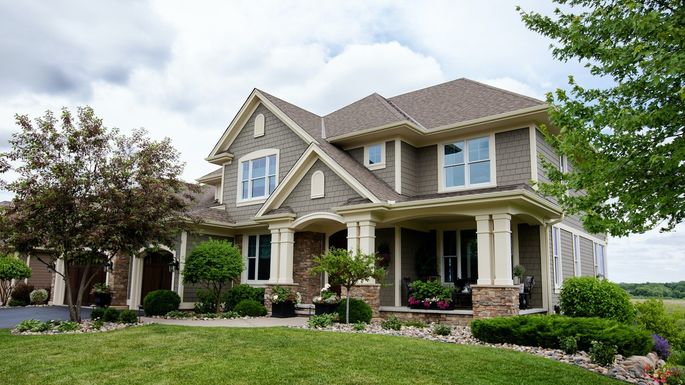
Urban dwellers across the U.S. continue to show an increased appetite for suburban homes, a trend brought about by the desire for more space and the flexibility to work from home amid the coronavirus pandemic.
During the second quarter of the year, 51% of home searches by urban residents of the 100 largest metro areas were for suburban properties near their areas, according to the quarterly Cross Market Demand Report released by realtor.com on Monday. (Mansion Global is owned by Dow Jones. Both Dow Jones and realtor.com are owned by News Corp.)
The level marks an all-time high since realtor.com began tracking metro-level search data in 2017. From 2017 to 2019, the percentage increased slowly from 49.6% to 50.3%, then to 50.5%.
“With remote work more common and accepted, it seems that people are looking to locate further from the office, either to enjoy more space at a better price, or get closer to nature in the mountains or at the beach,” Danielle Hale, chief economist at realtor.com, said in a statement. “At this point, they are not venturing too far away.”
This year’s increase came as the traditional homeshopping season had a later start, “We may see the share of suburban home shopping activity increase even further into August,” Ms. Hale said.
The trend was more prevalent in the Northeast, especially in the New York region, according to the report.
In July, 58.1% of listing views from urban New Yorkers were for suburban New York metro homes, compared to 54.9% in the same period of last year.
The top five suburban ZIP Codes viewed by urban New York metro residents include 10314 in Kiryas Joel, New York; 07003 in Bloomfield, New Jersey; 07083 in Union, New Jersey; 07052 in West Orange, New Jersey; as well as 11580 in Valley Stream, New York.
Realtor.com classified urban, suburban and rural areas based on household densities in a greater metro area. Those ZIP Codes with densities in the upper 25% tier were considered to be “urban,” ZIPs falling between the middle half of a metro area were considered to be “suburban.” The remaining low-density ZIPs were classified as rural.
Original article found at: https://www.realtor.com/news/real-estate-news/u-s-metro-dwellers-are-increasingly-searching-for-suburban-homes/

